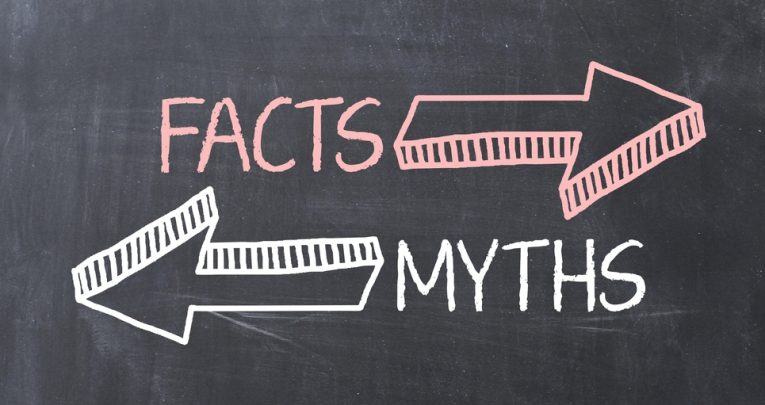DfE Tackles 10 Academies ‘Myths’ – But New Research Questions Performance Gains

Government takes aim at 'myths and misconceptions', while SchoolDash casts doubt on academies' role in improving outcomes

- by Teachwire

The Department for Education has issued a release that seeks to ‘Dispel some common myths and misconceptions about the academies programme.’
The policy of converting schools into academies has been hotly debated for a number of years, but has intensified considerably since the government’s announcement last month of its intention to see all primary and secondary schools in England undergo conversion by 2020.
The document sets out to answer 10 different ‘myths’ concerning what academies are, how they operate and the overall aims behind the academies programme.
Issues of accountability and transparency appear to loom large, as the following excerpts show:
Myth – Academies won’t be accountable to parents Fact – We want parents to be more involved in their child’s education – not less. We are not, and never have suggested parents should no longer sit on governing boards and we know that many parents already play a valuable role in governance, and parents will always be encouraged to be governors or trustees…
Myth – Academies aren’t transparent Fact – Academies are actually much more accountable than local-authority schools. Academy performance is monitored directly by regional school commissioners who intervene promptly in instances of underperformance…Like all schools, the performance of every academy is completely transparent on Ofsted’s website and DfE’s performance tables. The latter have been re-designed to be easier to navigate and compare performance. We will also publish new academy trust-level performance tables each year.
Myth – Academies will be forced to cut all ties with the local authority Fact – Schools will still be able to work closely with good local authorities as most academies already choose to do. The difference is that the arrangements will be determined locally and driven by headteachers deciding what works for their school, rather than rather than functions and responsibilities designed in Whitehall…What it does mean is the end of the local-authority monopoly on running schools and central government deciding a single approach to what services are delivered…
Myth – Academies don’t lead to higher standards Fact – Evidence from around the world clearly demonstrates that educational performance is improved by giving autonomy to front-line teaching professionals and holding those professionals to account for the outcomes they achieve for young people.
It is not the case that every academy performs better than every local-authority school; but the academy system makes it easier to put in place those factors – better teaching, leadership, curriculums and accountability – that incontrovertibly drive up standards.
The final point is interesting to consider in light of new research published yesterday by SchoolDash, a company that specialises in gathering and analysing data relating to schools in England. It recently undertook a study of publicly available data pertaining to 792 secondary academies that underwent conversion between 2010 and 2011, and proceeded to compare their academic performance with mainstream state secondaries still under LA control.
Each academy was paired with an LA school that was closely matched in terms of DfE-produced pupil profile data (the proportion of pupils with SEND, claiming free school meals and so forth), while also pairing single-sex and selective schools as much as possible.
What the study found was that 66.1% of pupils in LA schools earned 5 or more A* to C graddes at GCSE (including maths and English) in 2015, compared with 68.1% at converter academies. SchoolDash points out, however, that academies appeared to have little effect on the performance of pupils with high or low prior attainment, and more of a difference – albeit it a small one – on pupils with medium prior attainment.
SchoolDash also looked at the results of sponsor-led academies (previously underperforming schools required to undergo conversion, typically involving the replacement of its management). management team replaced). Here, the 2015 GCSE results at sponsored academies converted between 2010 and 2012 came to 43.1% 5 five or more A* to C, compared with 43..9% at LA schools with similar intakes. However, it’s noted that the sponsored academies ‘Started off as badly underperforming – some would say failing – schools…In order to understand the impact of the academy conversion on these schools, it is essential to understand not only where they have got to, but also how much (or how little) they have improved.’
One of the main conclusions reached by the research is that academisation appears to have a minor impact on the academic performance of already successful secondary schools, but seems to be an effective way of improving schools that are struggling. SchoolDash founder Timo Hannay concludes that, ‘If anyone tries to convince you that [academisation] will make all schools better then you shouldn’t believe them.
‘But based on the evidence presented here – and obvious political frictions notwithstanding – it is also unlikely to do any of them much harm. The most likely positive effect is that it could help to close the gap between the best- and the worst-performing schools. But curiously, no one seems to be making that case.’











